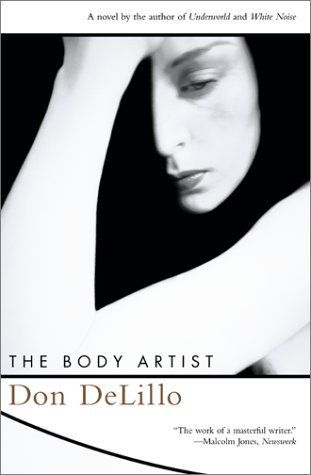Reviews
Alex Noble@alexnoble
Emily Morgan@e333mily
Ryan Hagerty@ryhagerty
Daryl Houston@dllh
Kutalp (Kutalp)@nihilreich
Steph@stephelaine
John Holton@holtoncaulfield
David Pascuzzo@davidpascuzzo
Nick Gracilla@ngracilla
edith w.@edithm
Noha Abdelaziz@nouhashawqi
cenk karagören@cenkk
SR@imnotserge
Giovanni Garcia-Fenech @giovannigf
Jane McCullough@janemccullough
Christopher McCaffery@cmccafe
Brittney Wilson@brijeanson
Jan Jackson@pilgrim
Chris DiFazio@augurofebrietas
Jenny Smoothy@smoomin
Joshua Line@fictionjunky
ERICA WALTEMADE@itsapastiche
